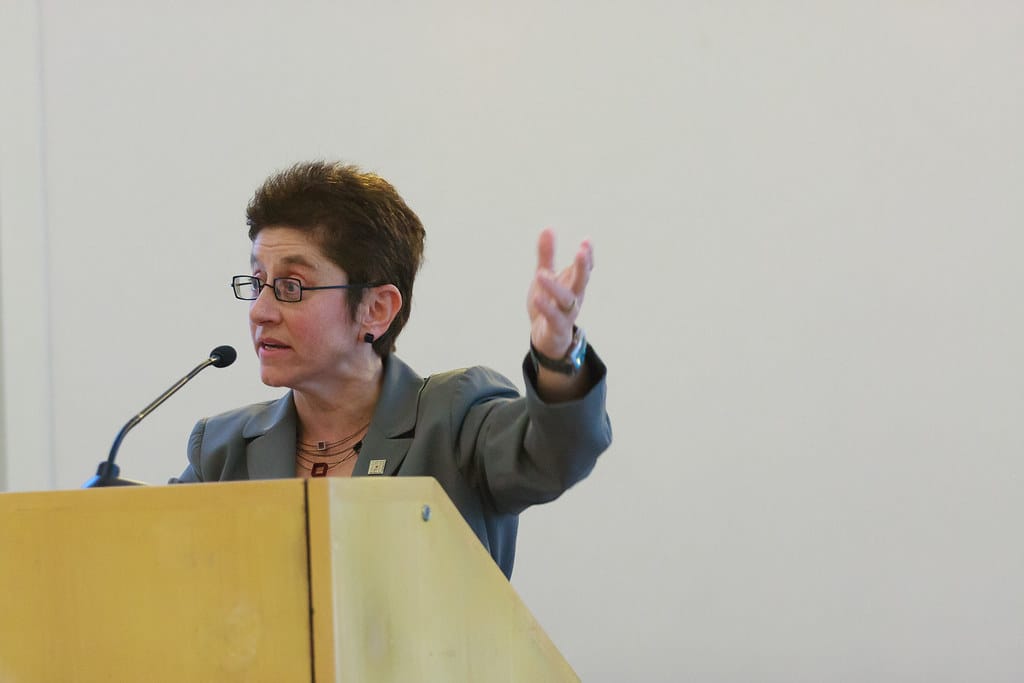FCC Urged to Grant Amnesty for RDOF Recipients
Almost 70 broadband associations are urging the FCC to allow ISPs who cannot fulfill their commitments to surrender their grants with a lesser penalty.
Jericho Casper

WASHINGTON, February 28, 2024 – Nearly 70 broadband experts, internet service providers, state and local officials, and nonprofits jointly urged the Federal Communications Commission Wednesday to grant limited amnesty to RDOF recipients so that those communities are eligible to receive BEAD funding.
As outlined by the guidelines of the $42.5-billion Broadband Equity Access and Deployment federal initiative aimed at expanding high-speed internet access, communities that have previously obtained grants from other federal broadband initiatives, including the FCC’s Rural Digital Opportunities Fund and Connect America Fund II, are ineligible from accessing any portion of the funding allocated under BEAD.
The letter filed Wednesday requests that the FCC establish a temporary mechanism to allow internet service providers unable or unwilling to meet their obligations under the RDOF or CAF II programs to surrender their grants with a reduced penalty. RDOF and the CAF II are both FCC initiatives to expand internet access in rural areas.
“With the large number of RDOF projects projected to default, many of the least connected communities in the US risk being left without connectivity,” reads the statement announcing the letter.
Of the $9.2 billion tentatively awarded in the FCC’s RDOF auction, over $3 billion went into default due to unforeseen financial, regulatory, and operational obstacles.
And, out of the $10 billion expended in the CAF II auction by 2021, 93 percent of households were provided with only 10 * 1 Megabit per second service, comparable to antiquated DSL connections.
The coalition’s full letter states, “The goal is to incentivize ISPs to release their funding areas now, so that these communities are eligible for BEAD funding and do not miss out on America’s largest ever broadband infrastructure expansion program.”
Similar concerns with RDOF coming to fruition have been echoed by the state broadband offices of Alabama and Florida, both of which submitted requests to make some RDOF locations in their states eligible to receive BEAD funding.
State officials say RDOF’s two-to-four years longer timeline might uncover instances where an RDOF grant recipient defaults or doesn’t completely meet its deployment requirements until long after the BEAD funding deadlines have passed.
Alabama’s request cited ambiguity regarding a program-wide planned reassessment of eligible areas in 2026, at the RDOF program’s six-year mark. The waiver request states the Alabama broadband office has experienced difficulty in identifying and confirming locations tied to RDOF commitments.
In a prepared statement, Gigi Sohn, executive director of the American Association for Public Broadband, stressed “the FCC has the power, and the duty, to ensure that no community is left behind simply because an RDOF or CAF II awardee cannot or will not build a network.”
Sohn advocated for a brief amnesty period with reduced penalties to align with Congress and the commission's objective of connecting every U.S. household to affordable broadband.
Kelty Garbee, executive director of Texas Rural Funders, said “a brief, targeted amnesty period is something communities and broadband providers agree on.”
“This amnesty request is not a free pass but an incentive for ISPs to release some RDOF areas across the US without feeling the full weight of the FCC,” added Quinn Jordan, executive director of the Mississippi Broadband Association.
Criticism of these BEAD guidelines has underscored widespread concerns regarding the effectiveness of the FCC’s RDOF and CAF II initiatives.
The FCC faced criticism for accepting RDOF bids from companies that exaggerated their capability. After vetting applicants more closely post-auction, the commission found more than 95 applicants to be in default. The FCC is currently embroiled in legal disputes with one provider the agency proposed fining $22 million for defaulting on more than one billion in awards.









Member discussion